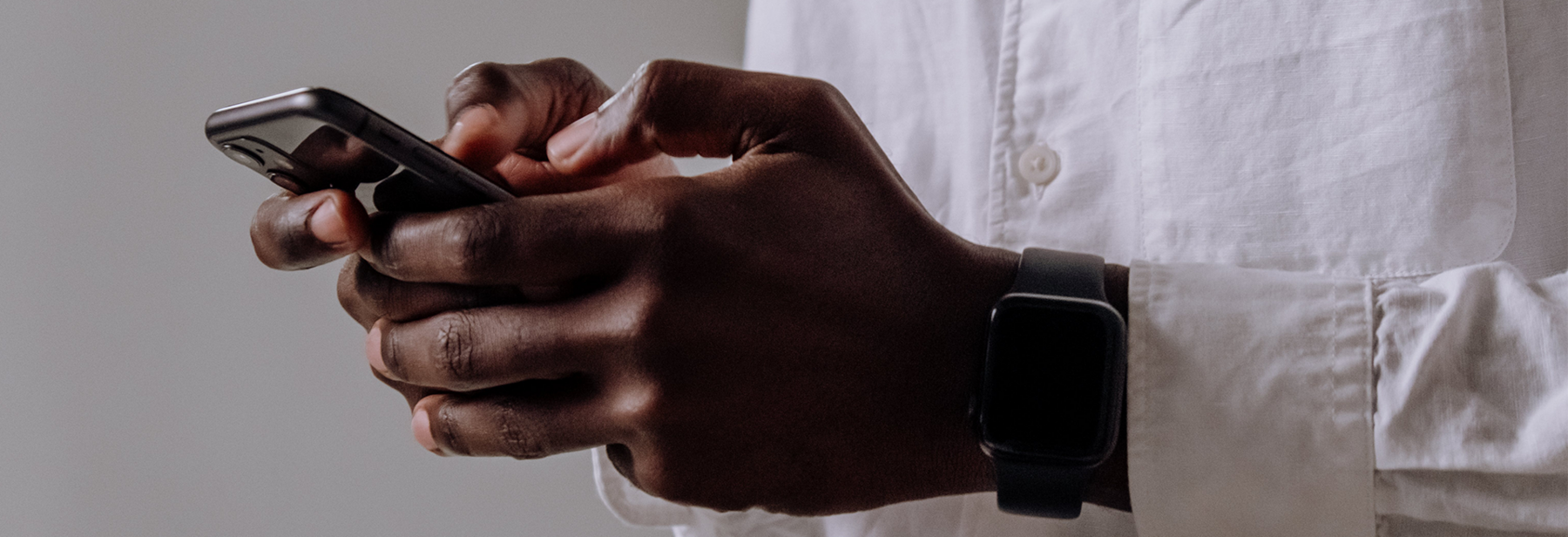
Restoring Customer’s Sense of Control through Service Co-Creation
In today’s tumultuous global climate, people inevitably face forces or situations that test the limits of their control. Natural disasters, political and economic turmoil can all threaten feelings of control over personal and professional outcomes. Hurricane Sandy or the recent tornadoes in Oklahoma show how people can be strikingly affected and feel a profound loss of control over their lives. Even if not suffering from tragic losses of stability, customers often seek help from service providers for an issue or situation when feeling that things are moving out of their control. A freelance journalist may seek tax advice as her income begins to grow; a start-up biotech company may need larger-scale technology support as it forms new alliances.
In these types of contexts, how can you, as a service provider, best satisfy your customers? After meeting and identifying key issues, is it best to inform the client that you will manage the issue and do all of the hard work, so that the client can relax and entrust the problem to you? Or, is it better to seek the client’s input; perhaps even ask to tackle some of the more difficult tasks with you? Along with a colleague, Keisha Cutright, at the Wharton School, we examined this question at a broad level, asking when people prefer products or services that position themselves as “heroes” (products that will do the hard work for you and deliver impressive outcomes) or as “helpers” (products that will aid you in achieving the same impressive outcomes, but require you to invest hard work).
Across multiple experimental and field studies, we consistently found that low feelings of control caused people to desire products and services that actually required more work from them. When experiencing low control over desired outcomes, people want to restore control, and see hard work and effort as means of doing so. Adages such as “No pain, no gain” or “Nothing worth doing comes easy” emphasize the common notion that hard work will bring about control over positive outcomes. Interestingly, our discovery that individuals seek out higher effort products and services when feeling low control was not immediately obvious or intuitive.
We asked 224 individuals in a business school to consider what type of product or service they thought consumers would prefer in moments where they felt they had little versus a great deal of control over outcomes in their lives. The results actually were contrary to what our prior studies had shown. In fact, when consumers’ situational control was described as low, most people (74%) believed consumers would actually prefer to work less hard with the hero product, while a minority (26%) believed these consumers would prefer to work harder with the helper product. On the other hand, when control was described as high, a minority (37%) believed the hero would be preferred; while most people (63%) believed the helper would be preferred. As it turns out, people seem unlikely to accurately predict consumer reactions to low states of control, failing to recognize that consumers may not want a hero product or service and prefer to be the hero themselves.
In this sense, managers may find it tempting to encourage clients to offload their seemingly uncontrollable problem onto the service hired to help, yet it is important to keep in mind that clients may want to be part of the hard work to resolve the issue, by co-creating the service. These findings are also important to keep in mind given that marketers often directly affect consumers’ feelings of control through their choice of offerings and advertisements and must contend with environmental threats to consumers’ feelings of control.
For example, during and after the wrath of the deadly and destructive Hurricane Sandy, many companies offered words of comfort through social media. And, certain companies tried their best to provide tangible sources of support and service to their clients and customers. For example, Duracell launched its ‘Rapid Response Unit’ to Lower Manhattan, which included charging stations for mobile devices and computer portals. In dealing with customers’ presumably low feelings of control, words of sympathy could have been replaced with messages and services acknowledging the hard road to recovery consumers faced; messages that positioned company brands or services as helpers (not heroes) on that path. For example, Duracell might have emphasized how the Rapid Response Unit would get individuals connected and ‘back to work’. This focus empowers customers, creating a bond between the consumer and the company that understands their needs.
Customers often seek the help of service providers in the goal of gaining control over situations that may seem complex or daunting. By tailoring offerings to customers’ desire to work hard to restore control, the service provider can facilitate partnerships that are stronger and more fruitful.